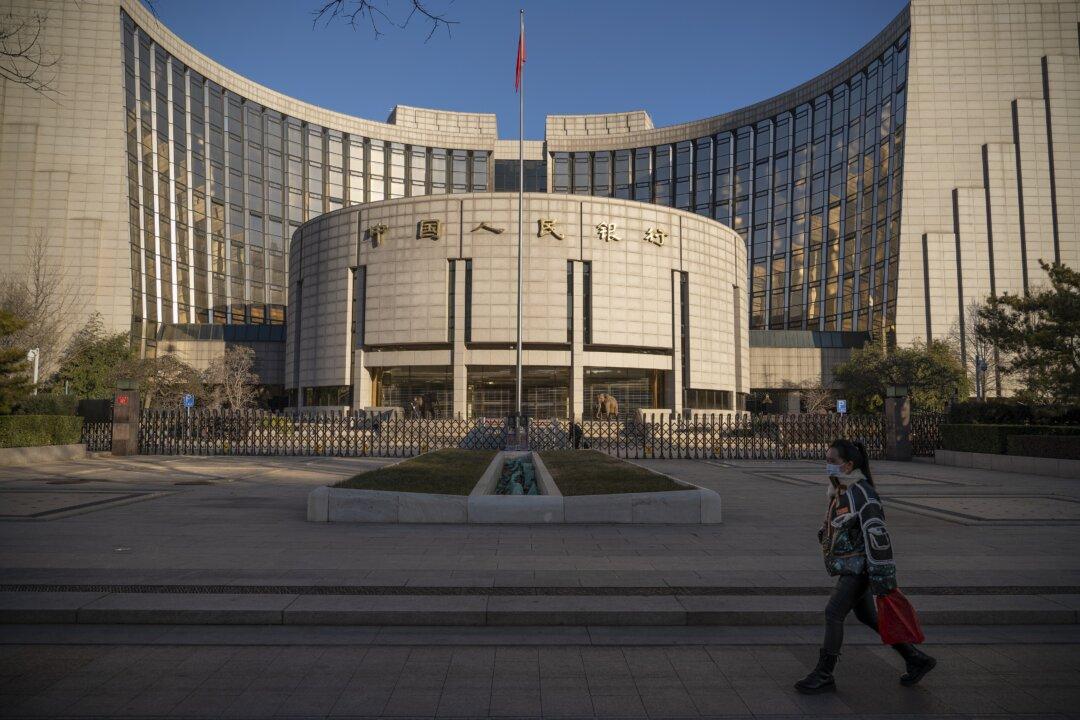News Analysis
Chinese leader Xi Jinping paid his first-ever visit to the central bank on Oct. 24 since taking office in 2012. This unprecedented visit comes at a critical juncture as developers grapple with financial challenges and the nation faces a looming economic crisis, according to China observers.




